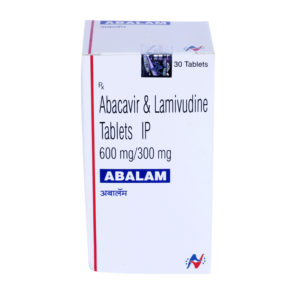Description:
Tykerb Lapatinib 250 Mg
Tykerb is the trade name for the salt Lapatinib. Tykerb is a targeted therapy medication, it is classified as a singal transduction inhibitor- tyrosine kinase inhibitor, inhibitor of EGFR and HER2. Tykerb is manufactured by Novatris and you can buy Tykerb online from Galaxysuperspeciality.
Uses of Tykerb 250 mg
This medication is used to treat patients with advanced or metastatic breast cancer that is HER2 and one that has not responded to any other treatment. It treats the patient by slowing or stopping the growth of cancer cells. Galaxysuperspeciality makes Tykerb available online all over the world especially in countries like USA, Romania, Russia, China and Peru.
Common Side Effects
- Back pain
- Diarrhoea
- Dry skin
- Headache
- Indigestion
- Loss of appetite
- Fingernail or toenail changes
- Mild hairloss or thinning
- Mouth sores
- Nausea
- Nose bleed
- Redness and tingling of the hands and feet
- Tiredness
- Trouble sleeping
- Vomiting
Make sure to seek medical attention immediately if these symptoms prolong or worsen. Be in regular contact with your doctor so that he can keep monitoring the effect of the medicine on your health.
How To Consume Tykerb?
- Tykerb comes in the form of a Tablet.
- The tablets contain 250mg of Lapatinib in each dose.
- Consume Tykerb as prescribed by the doctor.
- It should be taken one hour prior or past consuming food.
- Dividing the tablet into parts is not recommended.
- The side effects will go away after the therapy is complete.
- As compared to other drugs with similar components Tykerb has manageable side effects.
Monitoring and Testing:
The patient needs to be checked regularly by their doctor while they are taking TYKERB, to monitor side effects and manage the body’s response to therapy. Periodic blood work needs to be obtained to monitor patient’s complete blood count (CBC) as well as the function of other organs (such as your kidneys and liver) will also be ordered by your doctor.
How TYKERB Works:
Targeted therapy results from about 100 years of research that is dedicated to understand the differences between cancer cells and normal cells. Modern cancer treatment has focused primarily on killing rapidly dividing cells because one feature of cancer cells is that they divide rapidly. Unfortunately, some of our normal cells divide rapidly too, causing multiple side effects.
Targeted therapy is based on identifying other features of cancer cells. Scientists look for specific differences in the cancer cells and the normal cells. This information is used to create a targeted therapy to attack the cancer cells without damaging the normal cells, thus leading to fewer side effects. Each type of targeted therapy works a little differently but all function to interfere with the ability of the cancer cell to grow, divide, repair and/or communicate with other cells.
There are different types of targeted therapies, defined in three broad categories. Some targeted therapies focus on the internal components and function of the cancer cell. The targeted therapies use small molecules that can get into the cell and disrupt the function of the cells, causing them to die. There are several types of targeted therapy that focus on the inner parts of the cells. Other targeted therapies target receptors that are on the outside of the cell. Antiangiogenesis inhibitors target the blood vessels that supply oxygen to the cells, ultimately causing the cells to starve.
TYKERB belongs to the signal transduction inhibitor category of targeted therapies. It particularly interferes with the protein-tyrosine kinases; Epidermal Growth Factor Receptor (EGFR[ErbB1]) and of Human Epidermal Receptor type 2 (HER2 [ErbB2]).
Research continues to identify which cancers may be best treated with targeted therapies and to identify additional targets for more types of cancer.
It is strongly encouraged to discuss with your health care professional about your specific medical condition and treatments. The information provided on this website is meant to be helpful and educational, but is not a substitute for any medical advice.













Reviews
There are no reviews yet.